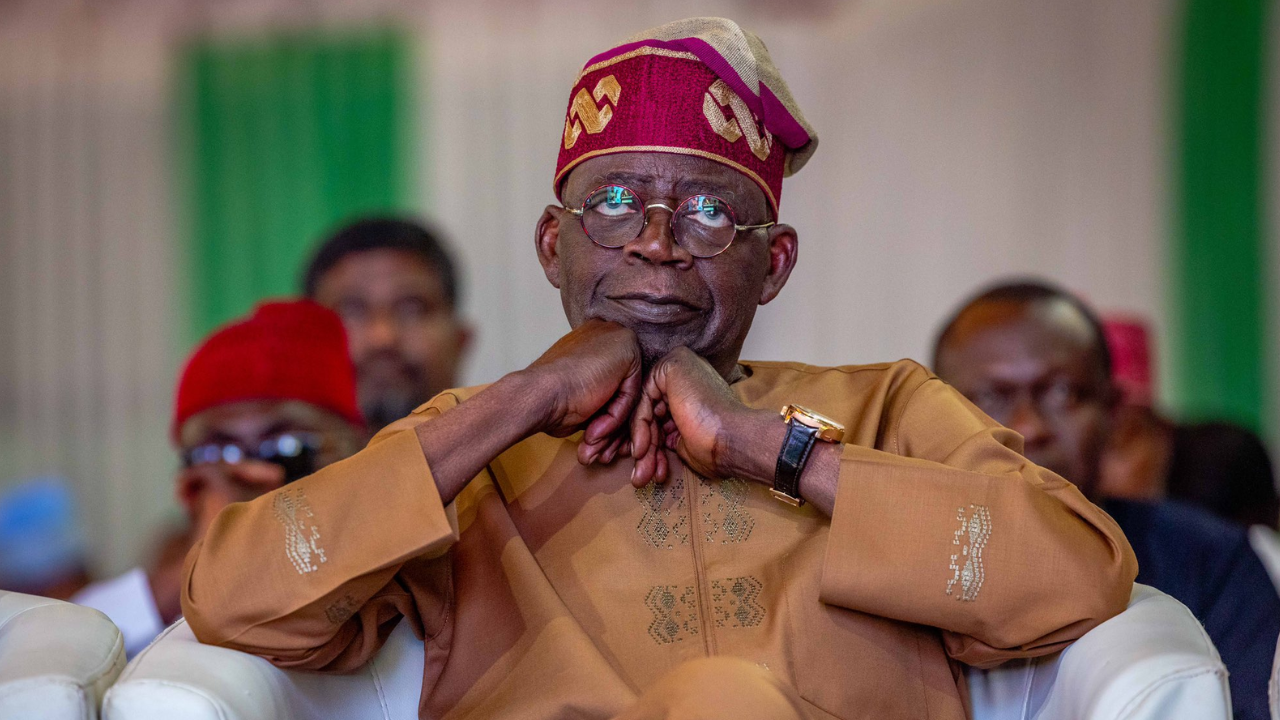In its recently released Fiscal Year 2024 Sanctions System Annual Report, the World Bank disclosed that $32 million intended for improving water infrastructure in Nigeria has gone unaccounted for. The revelation was made by the Integrity Vice Presidency (INT), a division of the bank dedicated to investigating corruption and fraud within World Bank Group-financed projects.
Funds Allegedly Embezzled from Water Infrastructure Project
The missing funds were part of a World Bank initiative aimed at transforming Nigeria’s water sector to provide access to clean water for millions of citizens. According to the report, the Integrity Vice Presidency followed up on identified risks associated with the project and raised alarms over the disappearance of the funds.
“INT followed up on risks identified regarding a project in Nigeria’s water sector and flagged to operations the risk, which was associated with $32 million of unaccounted funds,” the World Bank stated in the report.
Central Bank Ordered to Reimburse Missing Funds
Following the discovery, the project team requested that the Central Bank of Nigeria reimburse $22 million of the missing amount. The remaining funds were limited to direct payments to ensure transparency in the continuation of the project. The bank further revealed that about $6 million remains undisbursed in the local account, just enough to cover the anticipated expenses for the Project Implementation Unit (PIU) until the project’s completion.
Corruption Uncovered in Consultancy Contract
In addition to the water project scandal, the Chief Suspension and Debarment Officer (SDO) at the World Bank revealed findings related to corruption in another World Bank-financed social safety net project in Nigeria. According to the SDO, a Nigerian consultant engaged in corrupt practices by making payments to an intermediary who then transferred the money to a public official. The payments were allegedly intended to influence the official’s decisions regarding a consultancy contract.
The SDO concluded that these actions violated the bank’s strict anti-corruption policies. As a result, the respondent was debarred with conditional release for a minimum period of two years and one month. This means the individual is banned from participating in World Bank-financed projects during this period, unless certain conditions are met.
Growing Concerns Over Financial Mismanagement in Nigeria
The discovery of the unaccounted funds has sparked renewed concerns about financial mismanagement in Nigeria’s public sector. With Nigeria already grappling with inadequate water infrastructure, the alleged embezzlement of funds further complicates efforts to provide essential services to its population.
The World Bank emphasized the importance of transparency and accountability in the use of international development funds. It also highlighted the need for stronger oversight mechanisms to prevent corruption in projects financed by international organizations. The Integrity Vice Presidency’s ongoing investigations aim to ensure that funds are used as intended to benefit the communities in need.
Potential Impact on Future Funding
This scandal could have serious implications for Nigeria’s ability to secure future funding from international donors. With the World Bank placing a spotlight on corruption risks, there may be increased scrutiny on how funds are managed in future projects.
As Nigeria continues to face challenges in providing access to clean water, it is now under pressure to address the issues of corruption and mismanagement that have plagued its development projects. The outcome of this investigation may influence the level of trust and support that international financial institutions are willing to extend to the country in the future.
#worldbank
Source: Observers times


















